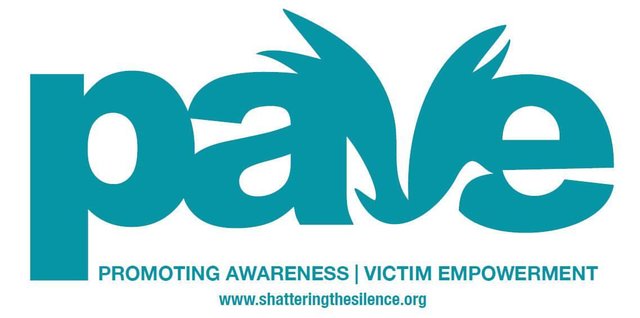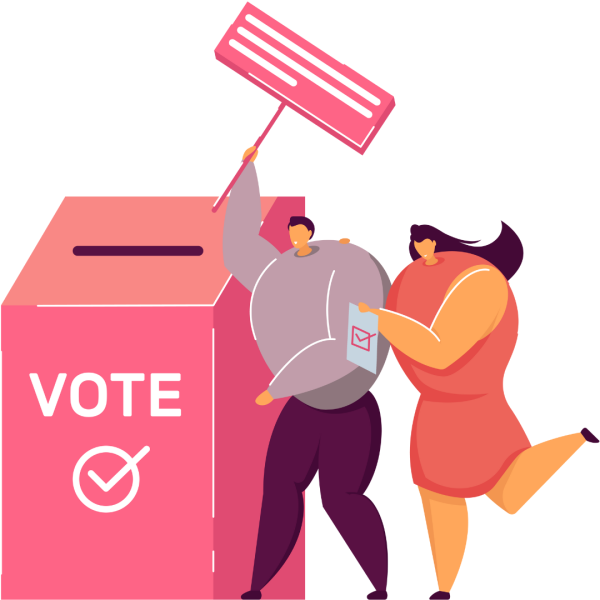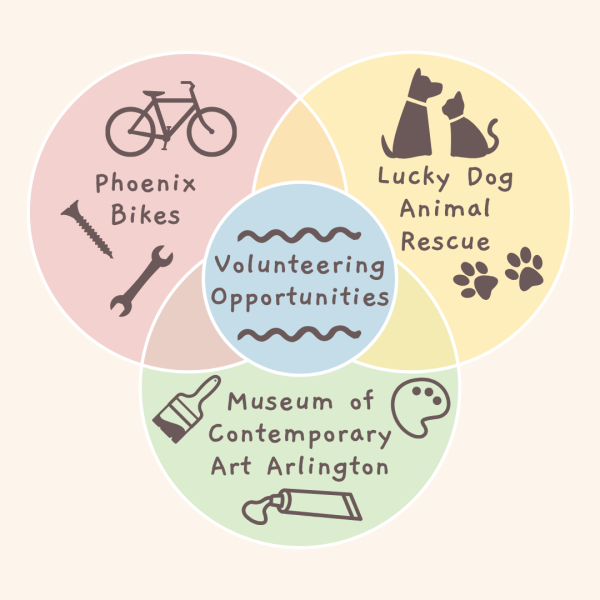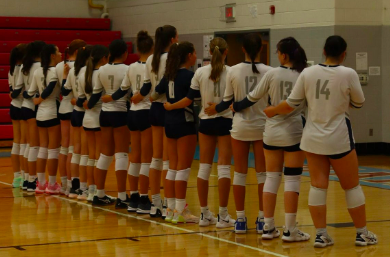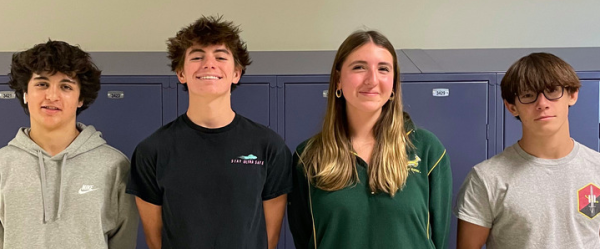The facts of sexual harassment
Sexual harassment, despite being ignored for years, is one topic that seems to now constantly be in the news. From Bill Cosby to Bill O’Reilly, legal action is finally being taken against high-profile predators, and programs are now in place for incidents that strike closer to home.
One frightening trend is that of sexual violence on high school campuses. According to a report released by the American Association of University Women (AAUW), 48 percent of surveyed middle-school and high-school students said they were sexually harassed at least once. However, the number of students reporting harassment is low. “I think it is very few a year,” Ms. Jessica Gregory, the director of counseling at the school, said.
It may be that students do not know what constitutes sexual harassment. According to the U.S. Equal Employment Opportunity Commission, which administers and enforces laws against discrimination in the workplace, sexual harassment is any undesired sexual proposition, request for sexual favors or another verbal or physical harassment of a sexual nature. “I would define it as any unwelcome sexual advance,” Ms. Gregory said.
The school has done a lot in recent years to improve awareness. In addition to curriculum changes, the Arlington School Board has a strict policy on sexual harassment. “No student shall suffer reprisals for reporting any incident,” School Board Policy 25-1.15 reads. “Confidentiality shall be maintained to the maximum extent possible.”
Health teachers have been teaching about the topic for years. “We are required, in our curriculum, to go over the warning signs and talk about resources for those in need,” Health and Physical Education teacher Sara Fiorini said. However, the 2015 Health Education Standards of Learning do not mention sexual harassment once. This is not entirely unexpected, as reproductive health is also missing from the curriculum. Regardless, both are still taught by health teachers, with minor updates over the years. “Current events that we see happening on college campuses allow us to pull in real events that students can relate to,” Ms. Fiorini said.
Another reason people do not report sexual harassment may be that they do not know how. There is no mention of it on the school’s web site, and information on sexual harassment can only be found by directly contacting the school. However, the school has done a lot in recent years to improve awareness. Last spring, the school held a workshop for Promoting Awareness, Victim Empowerment (PAVE), a nonprofit that advocates for an end to sexual violence. “The Arlington Teen Network board and several clubs have done a lot to raise awareness, too,” Ms. Gregory said.
In addition, Washington-Lee provides specific help for victims. “Use the resources,” Ms. Fiorini said. “We’ve got a lot of good resources: the social worker, the psychologist, any of the counselors.”
Ultimately, letting students know about the dangers of sexual harassment may be the most important step. “Prevention comes with education and awareness,” Ms. Cantor said.

